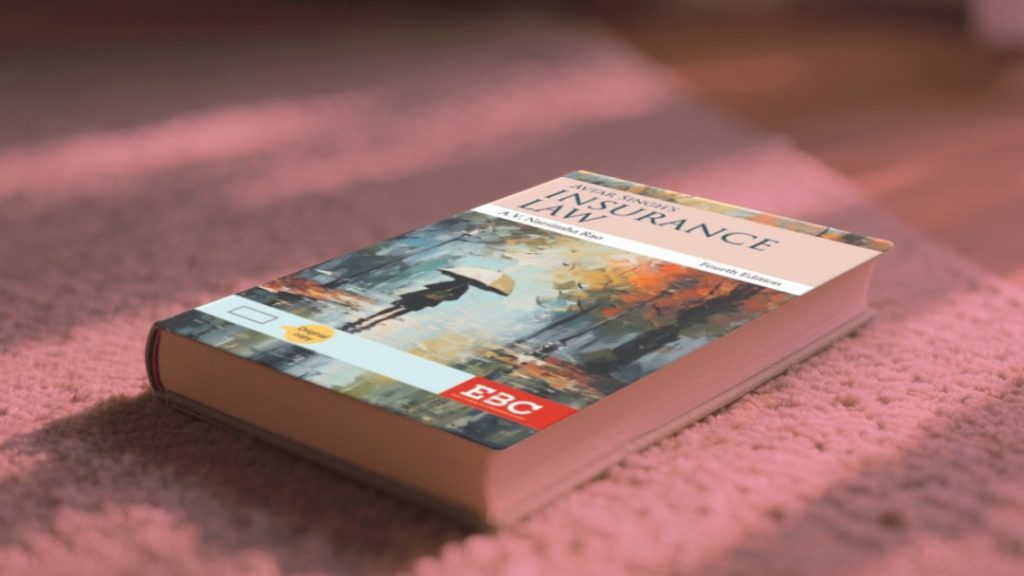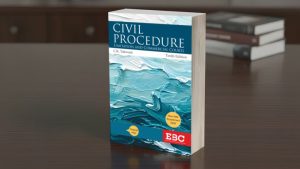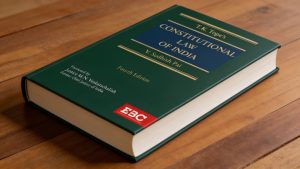
When it comes to bank accounts, insurance policies, or other financial instruments, many people assume that naming a nominee automatically guarantees that the nominee will inherit the money after the account holder’s death. However, this is a common misconception. Understanding the legal framework and the actual role of a nominee is crucial for estate planning and avoiding disputes.
Understanding the Role of a Nominee
A nominee is a person designated by the account holder to receive funds from a bank account, insurance policy, or other financial asset upon the account holder’s death.
Key Points:
- Nomination is a mechanism for easier transfer of funds.
- A nominee does not automatically inherit the money as an owner; they essentially hold it in trust for the legal heirs.
- Nomination can be made for:
- Bank accounts (Savings, Fixed Deposit, Recurring Deposit)
- Insurance policies (Life, Health, etc.)
- PPF accounts and mutual funds
Relevant Law:
- Section 45 of the Banking Regulation Act, 1949 – allows banks to make payment to a nominee.
- Section 39 of the Insurance Act, 1938 – governs nomination in insurance policies.
- Section 6 of the Payment of Gratuity Act, 1972 – applies to gratuity payments.
Myths vs. Reality
Myth 1: Nominee is the legal heir
Reality: The nominee is not the owner of the funds. The money belongs to the deceased’s estate and will ultimately pass to legal heirs under:
- Hindu Succession Act, 1956 (for Hindus, Jains, Sikhs, and Buddhists)
- Indian Succession Act, 1925 (for Christians and Parsis)
- Muslim Personal Law (for Muslims)
Myth 2: Nominee can claim funds without heirs’ consent
Reality: Banks may pay the nominee temporarily, but final settlement requires legal heirs’ consent or a succession certificate from the court.
Myth 3: Nomination overrides a will
Reality: Nomination does not override a valid will. If the deceased has left a will, the funds must be distributed according to the will, even if a nominee exists.
Legal Procedures for Transfer of Funds
Bank Accounts:
- Submit the death certificate of the account holder
- Nominee provides identity proof and claim form
- Banks may release funds subject to legal heirs’ verification
Insurance Policies:
- Insurance companies follow IRDAI regulations
- Nominee submits death certificate, policy document, and identity proof
- Funds may be released to nominee but can be contested by legal heirs
Other Financial Assets:
- Mutual funds, PPF, and Post Office accounts have specific forms for nomination
- The legal heirs can challenge the nominee’s claim if inheritance laws dictate otherwise
How to Ensure Smooth Transfer
- Keep your will updated: Nomination and will should be consistent.
- Inform all heirs: Avoid disputes by notifying family members.
- Nomination clarity: Ensure full name, relationship, and identification of the nominee is correct.
- Legal advice: For large estates, seek guidance to prevent litigation.
Key Takeaways
- Nominee ≠ Owner; funds belong to the deceased’s estate
- Nomination facilitates ease of payment but does not override inheritance laws
- Legal heirs can contest payments if they are entitled under succession laws
- Proper estate planning and an updated will can avoid disputes and delays
Relevant Laws at a Glance
| Area | Law | Key Section |
|---|---|---|
| Banking | Banking Regulation Act, 1949 | Sections 45-ZA to 45-ZF |
| Insurance | Insurance Act, 1938 | Section 39 |
| Succession (Hindus) | Hindu Succession Act, 1956 | Entire Act |
| Succession (General) | Indian Succession Act, 1925 | Part V |
| Gratuity | Payment of Gratuity Act, 1972 | Section 6 |
if you found this topic insightful and want to explore the legal principles of insurance and nomination in greater depth, the ideal next step is to read:
📘 Insurance Law by Dr. Avtar Singh & A.V. Narsimha Rao (EBC Publication)_
Why this book is valuable:
- Explains the legal framework of insurance contracts, nominations, and beneficiaries.
- Discusses IRDAI regulations and judicial precedents related to insurance claims.
- Offers practical insights into how courts interpret nominees’ rights and insurer obligations.
- Written in a clear, analytical style suitable for students, professionals, and policyholders alike.
This book perfectly complements your understanding of nominee-related legal principles, especially when applied to insurance and financial claims.
















